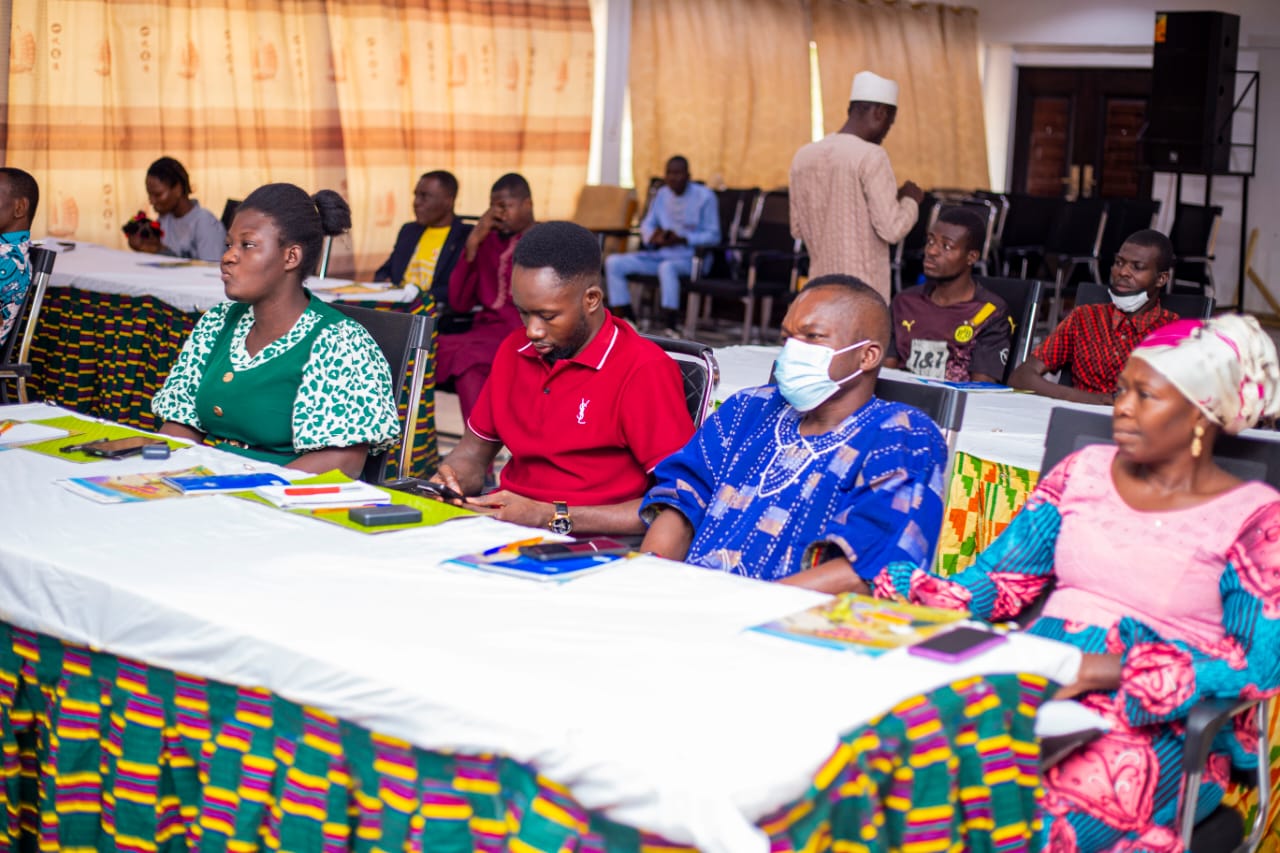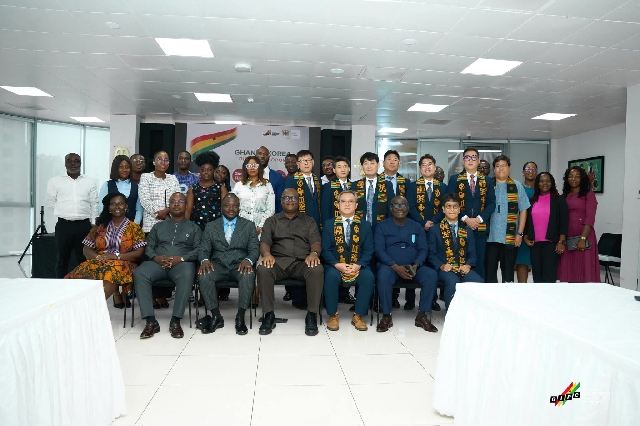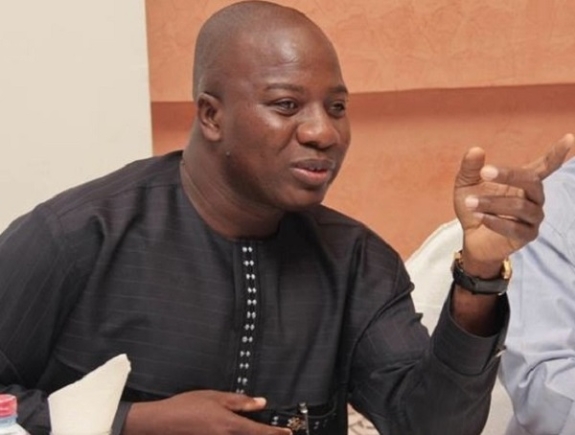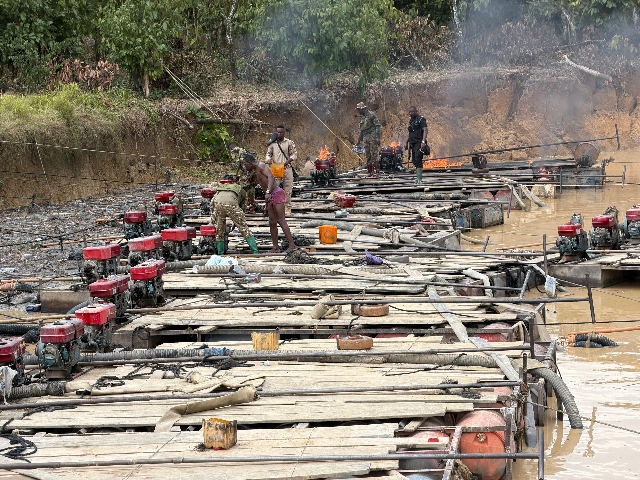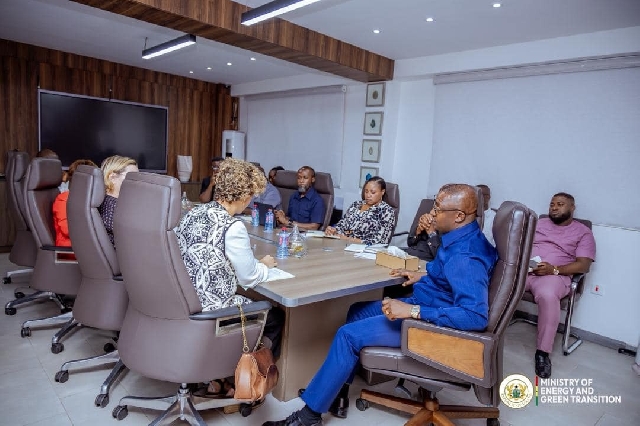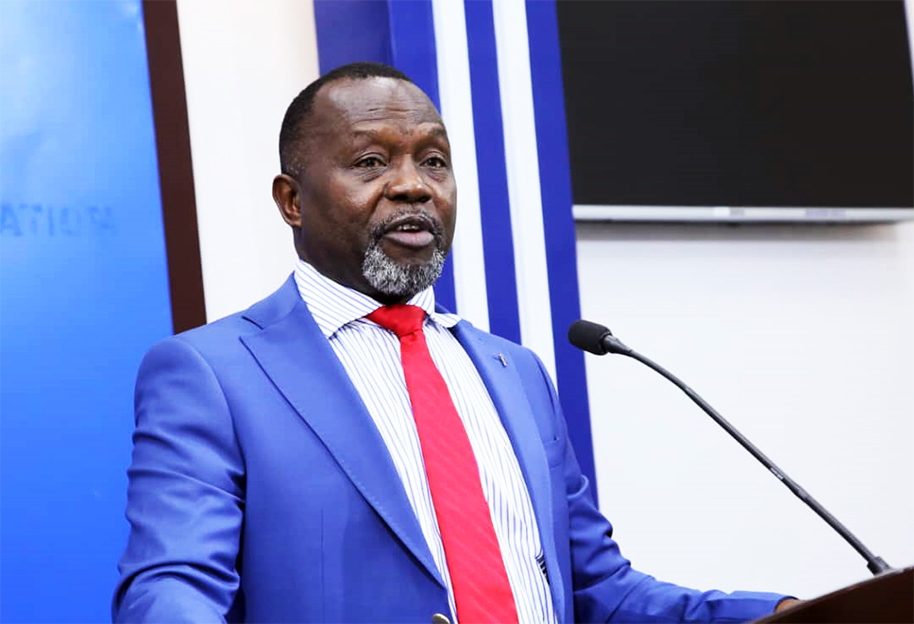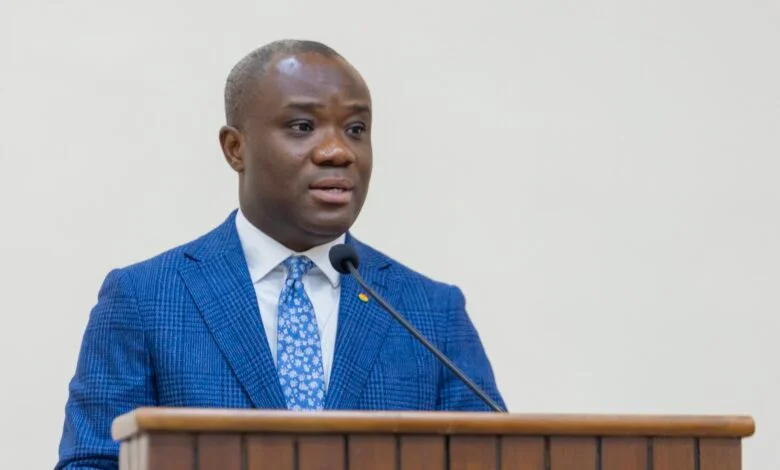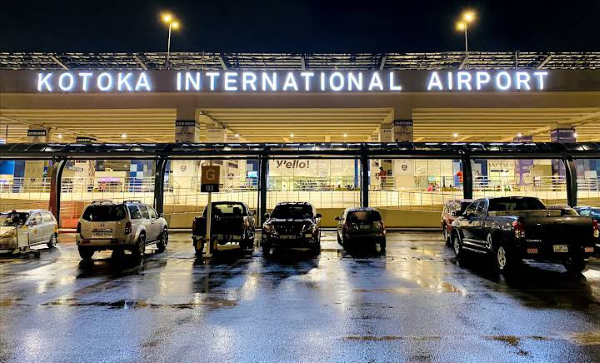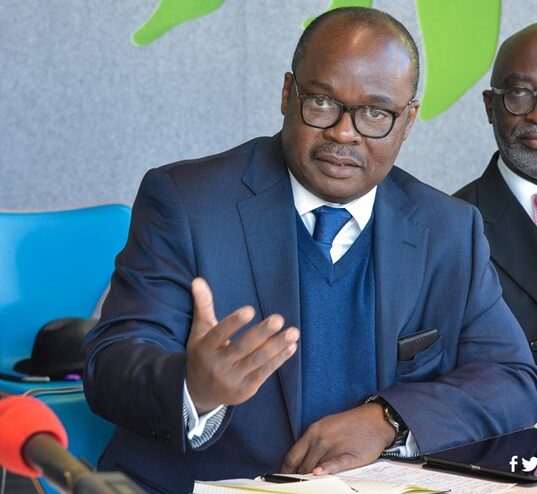The Bank of Ghana (BoG) has received the second tranche of funds from the International Monetary Fund (IMF).
The disbursement of $600 million to the BoG’s account took place on January 23, 2024. This comes after the completion of the first review of the $3 billion, 36-month Extended Credit Facility (ECF) Arrangement.
The IMF stated that Ghana has experienced significant economic volatility over the years, with periods of strong growth undermined by rising inflation, exchange rate depreciation, and loss of external buffers. In 2022, severe external shocks exacerbated existing fiscal and debt vulnerabilities, leading to economic and financial pressures.
The IMF commended Ghana’s reform program, which aims to restore macroeconomic stability and debt sustainability, address vulnerabilities, and create a resilient and prosperous economy. The ECF arrangement has provided a framework for implementing policy and reform strategies.
Ghana has shown strong performance under the program, meeting most quantitative performance criteria for the first review and achieving almost all indicative targets and structural benchmarks. The country is on track to lower the fiscal primary deficit by about 4% of GDP in 2023, while spending remains within program limits. In addition, Ghana has expanded social protection programs to mitigate the impact of the crisis on vulnerable populations and has met its non-oil revenue mobilization target.
The authorities in Ghana have made progress on their debt restructuring strategy, completing domestic debt restructuring in the summer. They have also reached an agreement with the Official Creditor Committee under the G20’s Common Framework on a debt treatment that aligns with the Fund program parameters.
The IMF pointed out that ambitious structural fiscal reforms are improving domestic revenues, enhancing spending efficiency, strengthening public financial and debt management, preserving financial sector stability, increasing governance and transparency, and creating a more conducive environment for private sector investment.
Ghana’s economic stabilization efforts have shown positive results, with resilient growth, declining inflation, and improved fiscal and external positions.
However, the IMF emphasized the need for steadfast policy and reform implementation to fully restore macroeconomic stability and debt sustainability, achieve higher and more inclusive growth, and reduce poverty. The government’s plans to reduce deficits through additional domestic revenue mobilization and expenditure streamlining, as well as finalizing comprehensive debt restructuring, are crucial. Efforts to protect vulnerable groups and create space for social and development spending are also important.
Reforms to improve tax administration, strengthen expenditure control, enhance fiscal rules and institutions, and improve state-owned enterprise management are necessary for lasting adjustment.
The IMF called for an appropriately tight monetary stance and enhanced exchange rate flexibility to achieve program objectives. The Bank of Ghana has deployed tools to mitigate the impact of domestic debt restructuring on financial institutions, while the authorities’ strategy aims to maintain a sound financial sector through new resources and bank recapitalization.
To enhance the economy’s potential and promote sustainable job creation, reforms to create a favorable environment for private investment are needed. Given Ghana’s exposure to climate shocks, a green recovery with advances in adaptation and mitigation should remain a priority.
Source: Ngamegbulam Chidozie Stephen
Please contact Apexnewsgh.com on email apexnewsgh@gmail.com for your credible news publications. Contact: 0256336062

